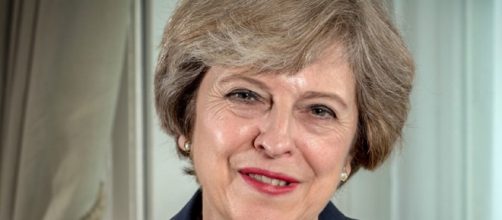Chief Secretary to the Treasury, Liz Truss MP, has today made yet another addition to the growing document of reported Cabinet feuds. Her criticism of the prominent ‘Leave’ campaigner Michael Gove MP, the Environment Secretary, was highly public and direct.
According to the BBC when making a comment about Mr Gove’s new initiatives she said “there’s enough hot air and smoke at the environment department already” when referring to his comments on wood-burning stoves. She also criticised other colleagues for constantly trying to push for bigger budgets, identifying the Health and Home Secretaries as the main culprits.
Stark warning by Defence Secretary
Before the latest outburst by Liz Truss, you don’t have to go far back to look at the preceding Cabinet division. Putting aside the Foreign Secretary’s disagreement with his Cabinet colleagues over Heathrow Expansion, two days before this, the Defence Secretary, Gavin Williamson MP, gave the Prime minister a stark warning.
Mr Williamson, whose support was crucial for the Prime minister to win the Conservative leadership election in 2016, reportedly said that he could “break” Mrs May’s leadership if his request for an extra £20 billion pounds for the Defence Department was not met, as the BBC reported.
It should also be mentioned that Business Secretary Greg Clarke MP once again undermined the government’s position on Brexit by insinuating he wanted the UK to keep freedom of movement for goods, services and people, thus advocating the UK to stay within the Customs Union directly opposing the Prime minister’s stance.
Never has there been so much open hostility
The term ‘collective responsibility’ refers to the Cabinet being united behind the government’s policies and decisions at all times, regardless of their personal preferences. It was once a key aspect of UK politics and although there have always been rumours of cabinet infighting in every post-war government, never has there been so much open hostility between top government officials.
There are many reasons behind the chaos the cabinet is experiencing. Brexit is the obvious one; the moment David Cameron allowed his Cabinet ministers to campaign openly against each other and suspend collective responsibility is seen by many to have ended this long-lived characteristic of UK politics.
The divisions in Cabinet have never healed since then and ‘Leavers’ and ‘Remainers’ have never quite settled their disputes.
The other key factor in this debate is the minority government that Theresa May is leading. The Prime minister is not in any position to command authority amongst her Cabinet, nor is she in a position to remove any of them, given the Cabinet’s already delicate balance of opinions. However, it’s important to note that these factors are also plaguing the Labour party and Jeremy Corbyn, leading to the likely conclusion that the era of ‘collective responsibility’ within government is coming to an end and that open disputes are likely to become a regular occurrence within the top tiers of government.


